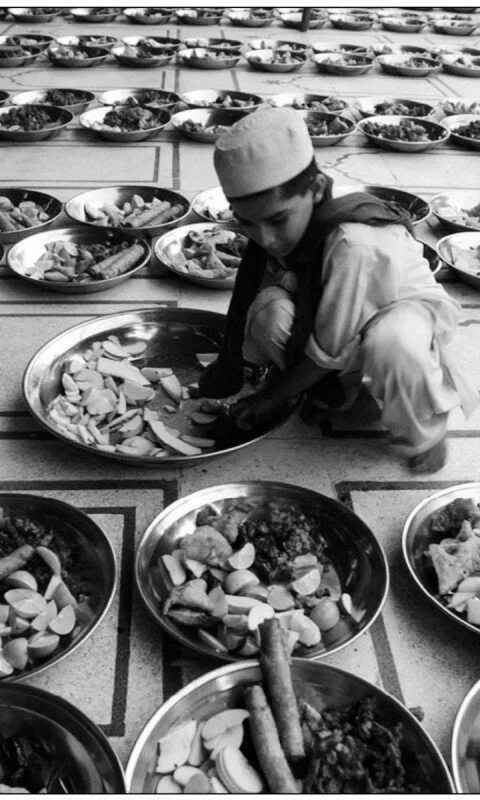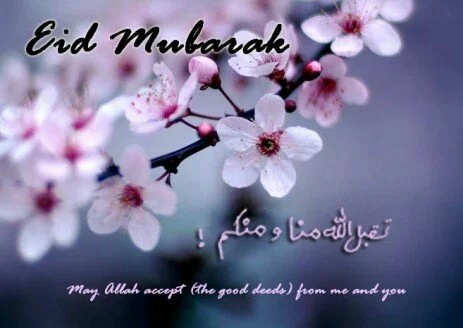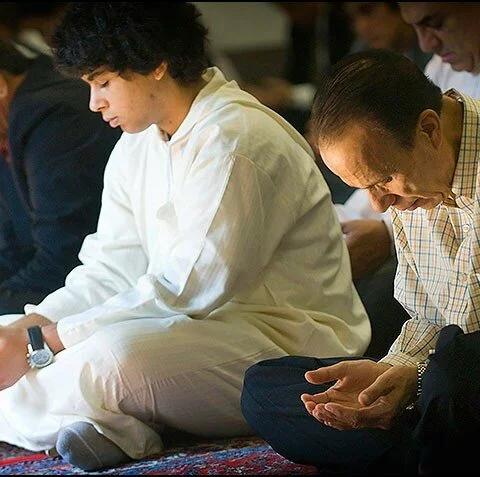What’s on the table for Ramadan? Plenty.
If you were expecting kebabs and more kebabs, think again. Food served during the Islamic observance is as diverse as the Muslim world itself. Ramadan, which lasts one month and starts on Friday this year, focuses on spirituality and inner reflection, with observers fasting from just before sunrise to sunset.
The structure of Ramadan (ninth month of the Islamic lunar calendar) is fairly simple. Two main meals are eaten, often with the family and with friends – “suhoor” before dawn, and “iftar” just after sundown. During the day, observers take in nothing – no food or water – although there are exceptions for people who can’t maintain the fast for health or other reasons.
The month ends with EidulFitr (eedull-fitter), sometimes a big feast and other times a more humble affair, where friends and family often get together to share food and celebrate.
Observant Muslims are required to eat food that is “halal,” meaning it meets Islamic dietary guidelines for what is permissible. Other than that, the food served is dictated by culture and preference. And that can vary widely. In Morocco, one might eat lentil soups, in India, curry, and in Indonesia, kolak, a fruit dessert.
One thing just about every Ramadan meal has in common is dates. Most observers break their fast with dates because this is what the prophet Muhammad did. (According to Muslim beliefs, Ramadan is when the Qur’an, the Muslim scripture, was first revealed to Muhammad.) Observers usually are eager to offer each other dates to break the fast as a gesture of good will and to aid fellow worshippers in breaking the fast.
Another benefit to dates is they’re an excellent way to restore blood sugars.
“Whether you’re from Senegal or Detroit, you’ll try to break your fast with dates,” says Yvonne Maffei, a food writer and recipe developer who publishes the website myhalalkitchen.com.
Meals often start with a crunchy appetizer, perhaps a samosa in Pakistan or an egg roll in China, then move on to soups; people don’t typically jump into meat dishes, though they likely will be served at some point during the meal.
“Whether you’re Chinese Muslim or American Muslim, you’re going to have meat on the table because it’s considered important to feed and nourish your guests,” says Maffei.
In the United States, food choices are even broader, with traditions from different cultures often finding a place on the same buffet.
“It’s just becoming very interesting as these children of immigrants who’ve come from Muslim countries with different flavour profiles, different preferences – have begun mixing and replacing many foods, doing a lot of fun things and that’s changing the landscape of our table during Ramadan,” says Maffei. “Buffets look very different than they did 10 years ago.”






